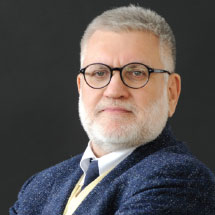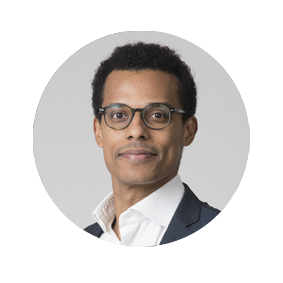
Roberto Poli, President skopìa
Working with the future doesn’t mean predicting what will happen. Only those who fail to understand the nature of the future and haven’t learned the lesson of complexity, perhaps the most important scientific novelty of recent decades, can think that working with the future means knowing what will happen.
Prediction is literally a miniscule component of futures studies. The key to working with the future isn’t so much predicting what will happen (fortunately the world is always richer and more surprising than our models) as being open to novelties, ready for surprises, and sufficiently well-prepared to manage them.
It isn’t enough, however, to know that tomorrow things will be different than they are today. Merely recognising that things have changed a lot and will continue to do so is clearly insufficient. What we also need is an understanding of how the changes are gradually accelerating.
From start to finish, the twentieth century was a succession of increasingly rapid changes and there is no reason to believe that things will be any different in the twenty first century. If anything, we can expect the transformations to be even faster and more radical. It isn’t only a question of the loudly trumpeted technological evolutions that are on their way, but also of social and cultural change in readiness for them and their reciprocal interactions.
When taken together, changes and their constant acceleration, in particular, increase the uncertainty of people, institutions and companies. The information inherited from the past (i.e. our experience) is no longer sufficient to know what we need to do and the decisions we have to take. We have to extend the information base we use to make our decisions, but where do we find the information that’s lacking?
If information about the past is no longer sufficient to know what to do, we’re left with the possibility of collecting information about the future and methodically exploring the ways things may go in order to better understand the consequences of our actions.
There are three key factors.
- The first is transitioning from the idea of a future in the singular to the idea of futures in the plural.
- The second is spelling out these various futures. If we spell them out, black on white, we can use them as working tools. We can discuss them and ask ourselves what consequences they will have on our business.
- The third is that in a situation of accelerating change, we have to increase correspondingly the depth of the future to explore, giving ourselves the authority to look far beyond the usual temporal and operating windows. As one of the founding fathers of futures studies said, the faster a car goes, the further into the distance its headlights must shine. If I can see the changes arriving I can try to prepare for them, independently of whether they are problems or opportunities.
Developing futures skills in an organisational context (literally learning to work with the future) requires the development of explicit capabilities and skills. Just as no serious person would run a marathon without putting in some solid training, we likewise need to be trained to work with the future.
Since 2015, Trento University startup skopìa has developed a solid methodology to help companies read and work with possible futures.

